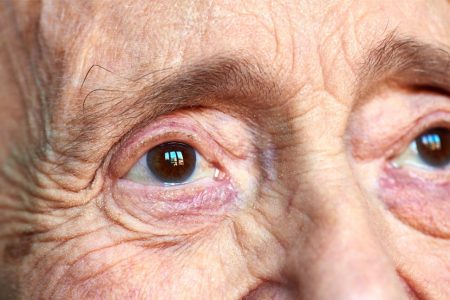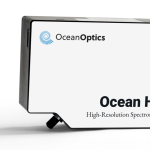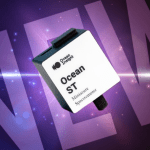Ocean Insight and a research team led by Ghent University worked together to investigate faster, simpler medical diagnostics tools with the capacity to improve eyecare for millions of people.
CHALLENGE
Cataract, a clouding of the lens of the eye, is a major cause of blindness, affecting 95 million people worldwide. Even as cataract treatment has become safer and simpler to perform, people with limited or no access to proper eyecare will suffer preventable blindness and visual impairment. Existing cataract diagnostics involve the use of slit-lamp instrumentation, which allows eyecare professionals (ECPs) to see the eye lens under magnification and then compare those visuals with a special color chart. Although this method is safe and effective, the development of simpler, faster, more portable diagnostic tools could reach even more patients in need.
INSIGHT
Most cataracts result from a chemical reaction between sugars in the body and proteins in the eye lens – a process called glycation – that occur over time. Optical sensing instruments are well suited to measure biochemical processes such as glycation in patients rapidly and noninvasively, in real time, within seconds. Ocean Insight believed we could help the university research team by guiding the optimum selection of spectroscopy components to measure the fluorescence of normal and cataract-affected lenses.
SOLUTION
Eye lens tissue will fluoresce when briefly illuminated with UV light, with cloudy and normal lenses producing different spectral signatures (“fingerprints”). Ocean Insight provided the researchers with an affordable, simple to use and flexible spectroscopy system to safely and reliably assess glycation in patients. Quantitative measurements can be performed easily and within seconds, with results available immediately. The spectral data also provides more detailed information on cataract development, helping clinicians prescribe more accurate treatments. Even though cataracts develop slowly, over time they will lead to visual impairment and blindness. This is a preventable cause of blindness that simpler, more accessible diagnostic tools could address. As the Ghent research team prepares for the next phase of its life-changing experimentation and discovery, Ocean Insight will provide ongoing service, support and systems to meet their needs. From health issues associated with aging populations to the growing demand for faster, more accurate diagnostic tools, Ocean Insight partners with biomedical researchers to provide analytical instrumentation and application insight that’s simpler, smarter and more robust with each successive generation.



